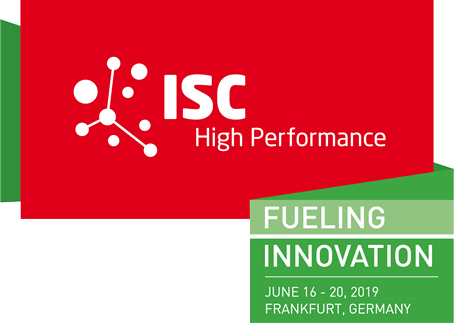Presentation
Evaluating Quality of Service Traffic Classes on the Megafly Network
Event Type
Research Paper

Computer Architecture
Exascale Systems
Extreme-Scale Computing
Networks
Performance Analysis and Optimization
TimeWednesday, June 19th12pm - 12:30pm
LocationSubstanz 1, 2
DescriptionAn emerging trend in High Performance Computing (HPC) systems that use hierarchical topologies (such as dragonfly) is that the applications are increasingly exhibiting high run-to-run performance variability. This poses a significant challenge for application developers, job schedulers, and system maintainers. One approach to address the performance variability is to use newly proposed network topologies such as megafly (or dragonfly+) that offer increased path diversity compared to a traditional fully connected dragonfly. Yet another approach is to use quality of service (QoS) traffic classes that ensure bandwidth guarantees.
In this work, we select HPC application workloads that have exhibited performance variability on current 2-D dragonfly systems. We evaluate the baseline performance expectations of these workloads on megafly and 1-D dragonfly network models with comparably similar network configurations. Our results show that the megafly network, despite using fewer virtual channels (VCs) for deadlock avoidance than a dragonfly, performs as well as a fully connected 1-D dragonfly network. We then exploit the fact that megafly networks require fewer VCs to incorporate QoS traffic classes. We use bandwidth capping and traffic differentiation techniques to introduce multiple traffic classes in megafly networks. In some cases, our results show that QoS can completely mitigate application performance variability while causing minimal slowdown to the background network traffic.
In this work, we select HPC application workloads that have exhibited performance variability on current 2-D dragonfly systems. We evaluate the baseline performance expectations of these workloads on megafly and 1-D dragonfly network models with comparably similar network configurations. Our results show that the megafly network, despite using fewer virtual channels (VCs) for deadlock avoidance than a dragonfly, performs as well as a fully connected 1-D dragonfly network. We then exploit the fact that megafly networks require fewer VCs to incorporate QoS traffic classes. We use bandwidth capping and traffic differentiation techniques to introduce multiple traffic classes in megafly networks. In some cases, our results show that QoS can completely mitigate application performance variability while causing minimal slowdown to the background network traffic.

